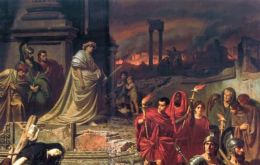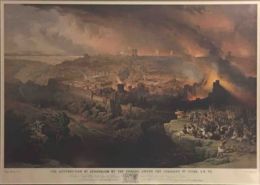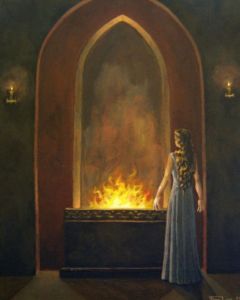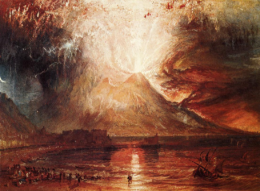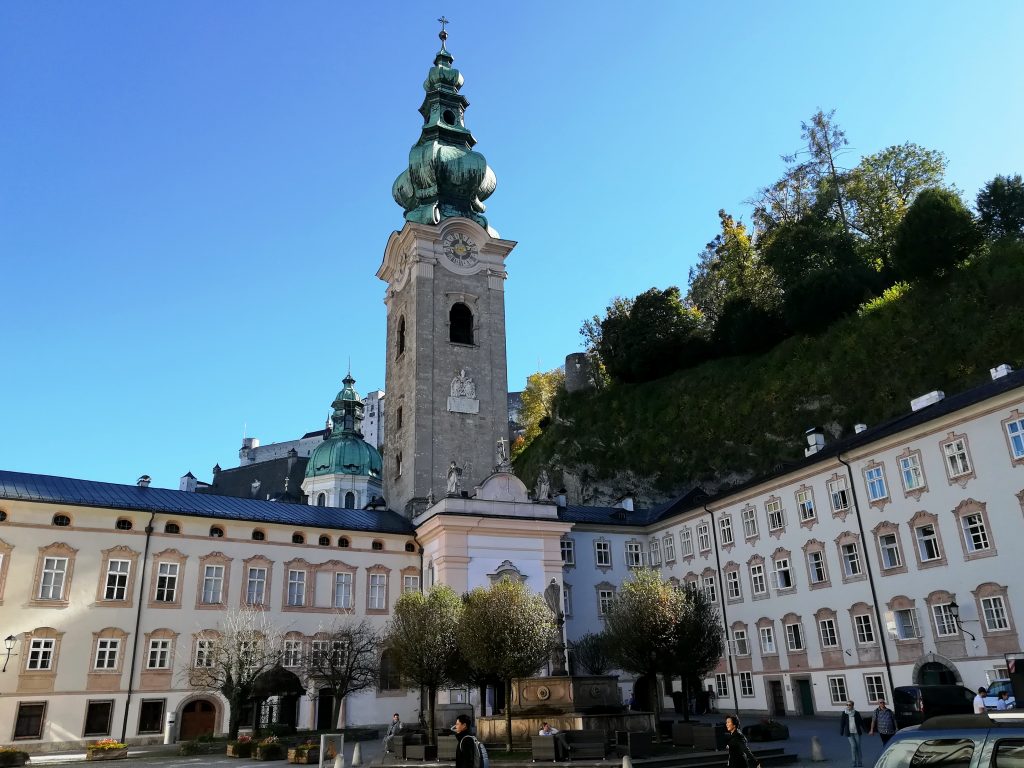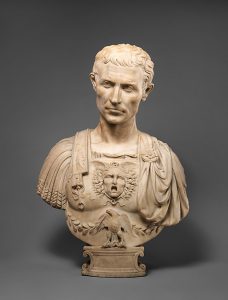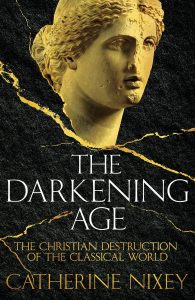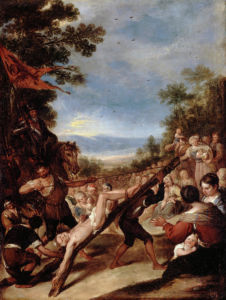
Peter was martyred by Nero sometime between 64 and 67. Peter’s martyrdom is not mentioned in Acts, which implies that Acts had already been published and distributed.
3,153 words
Part 3 of 3 (Part 1 here, Part 2 here)
The early vs. late Debate
Biblical scholars are divided over when the Synoptic Gospels and the Book of Revelation were written. John’s Gospel is certainly later, and may even have been written after Revelation, but the debate does not address when John was written, since that gospel is so different from the others. (more…)
